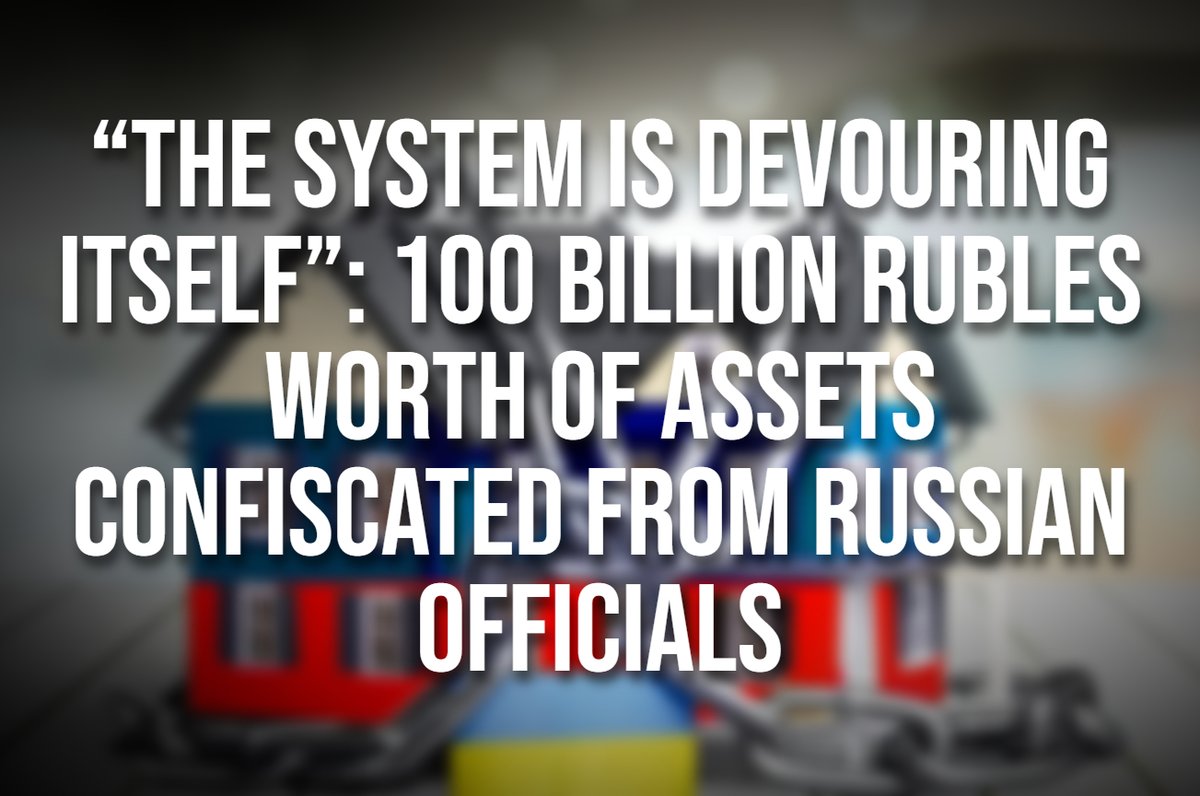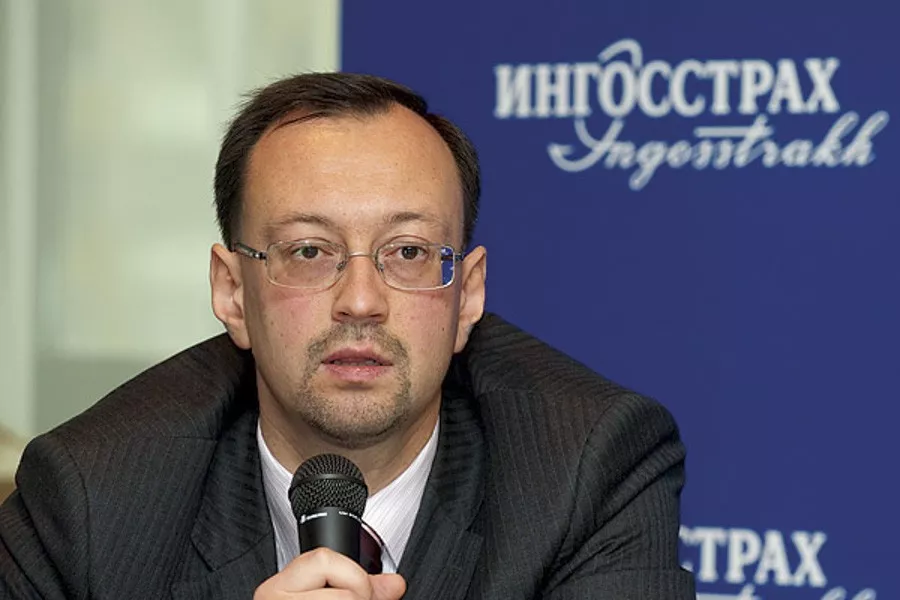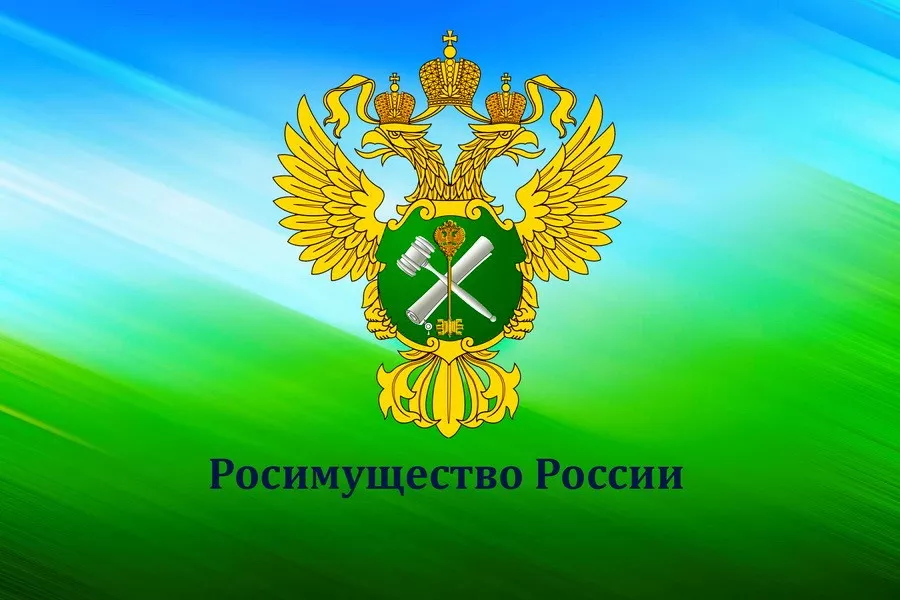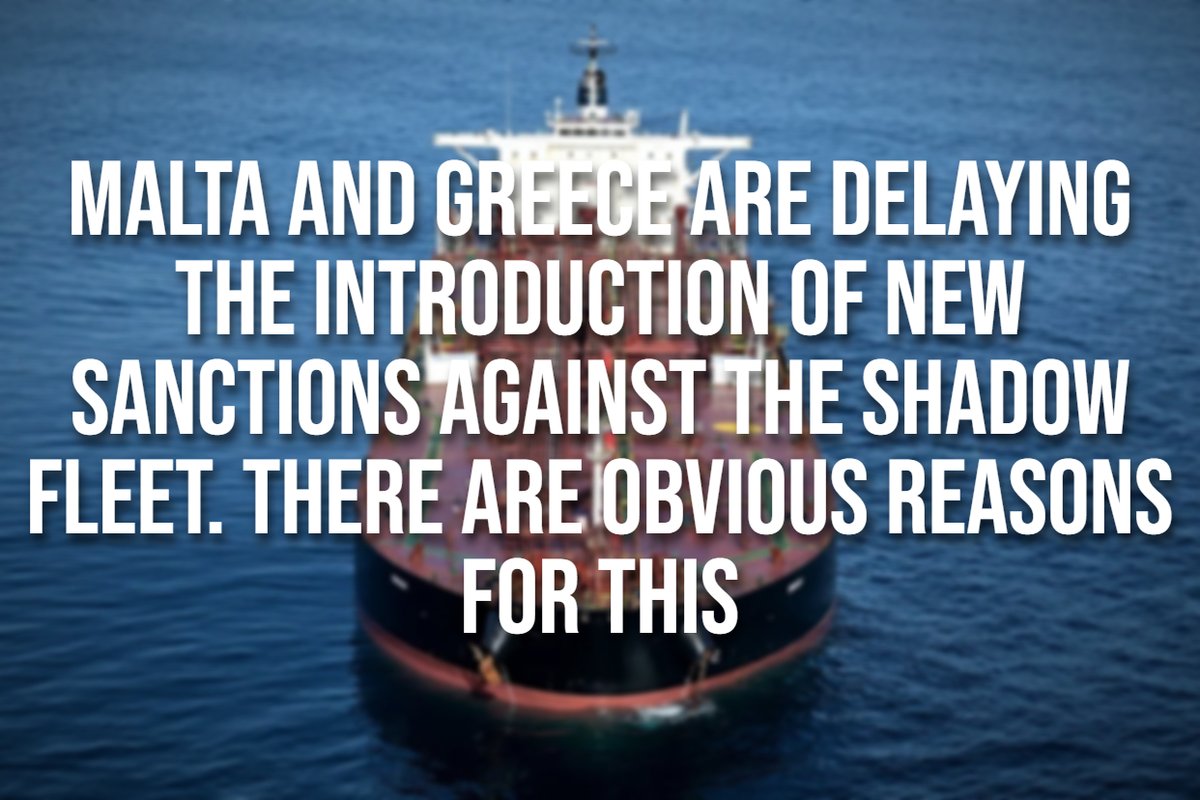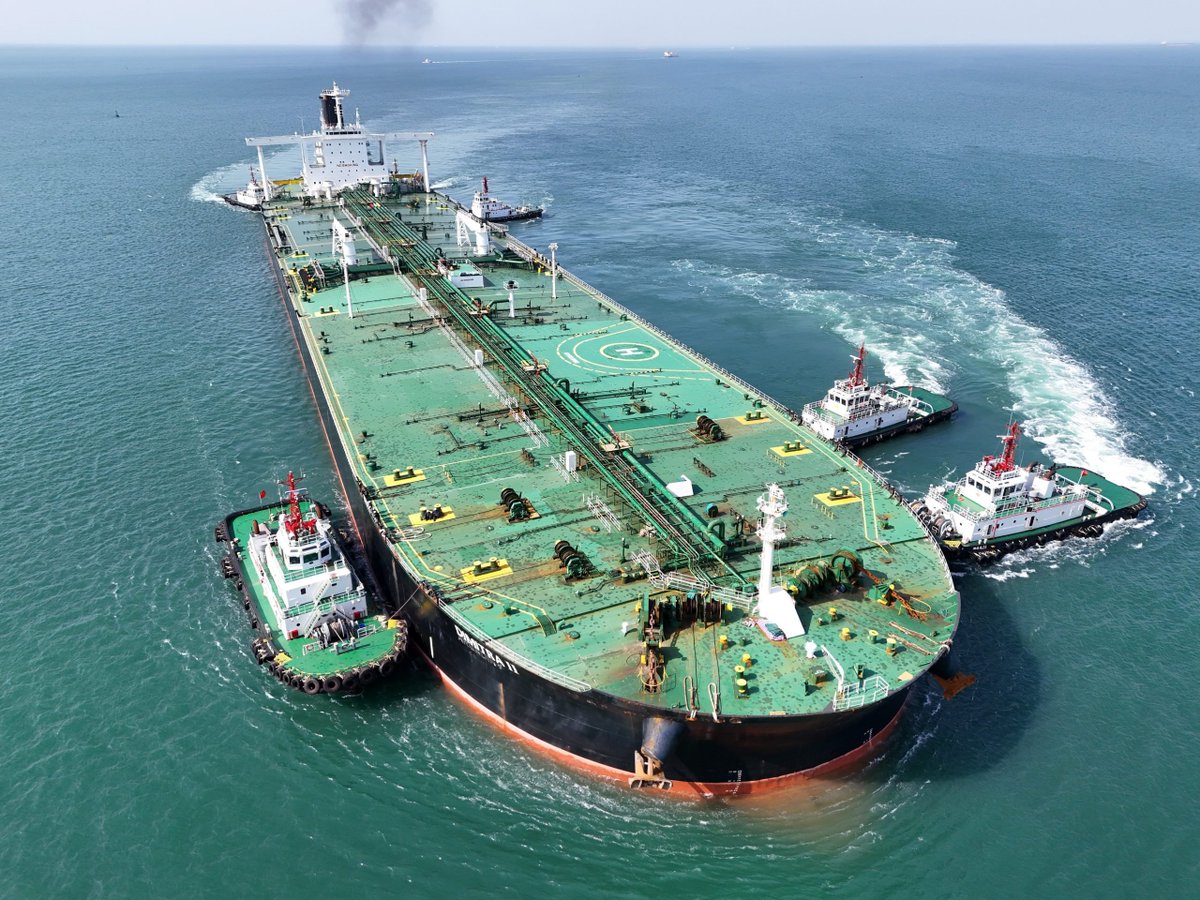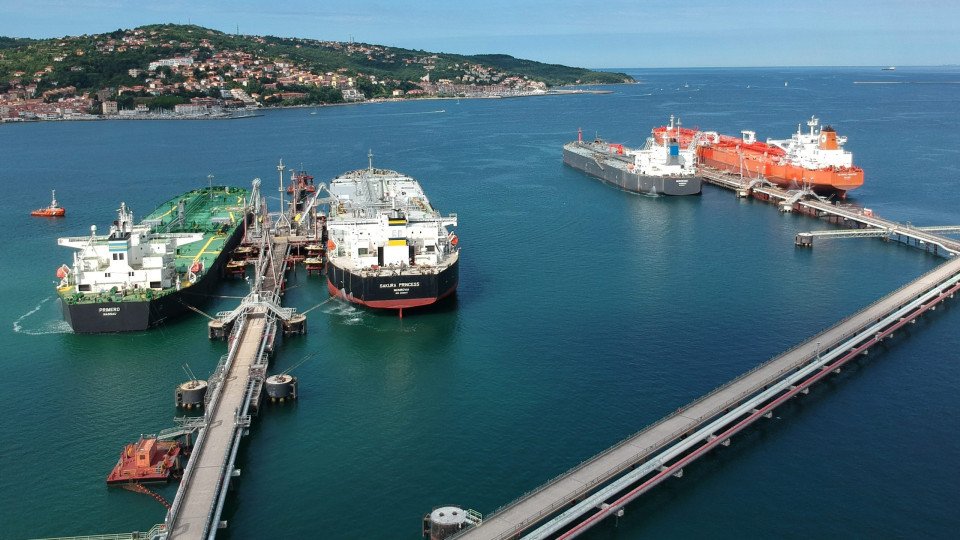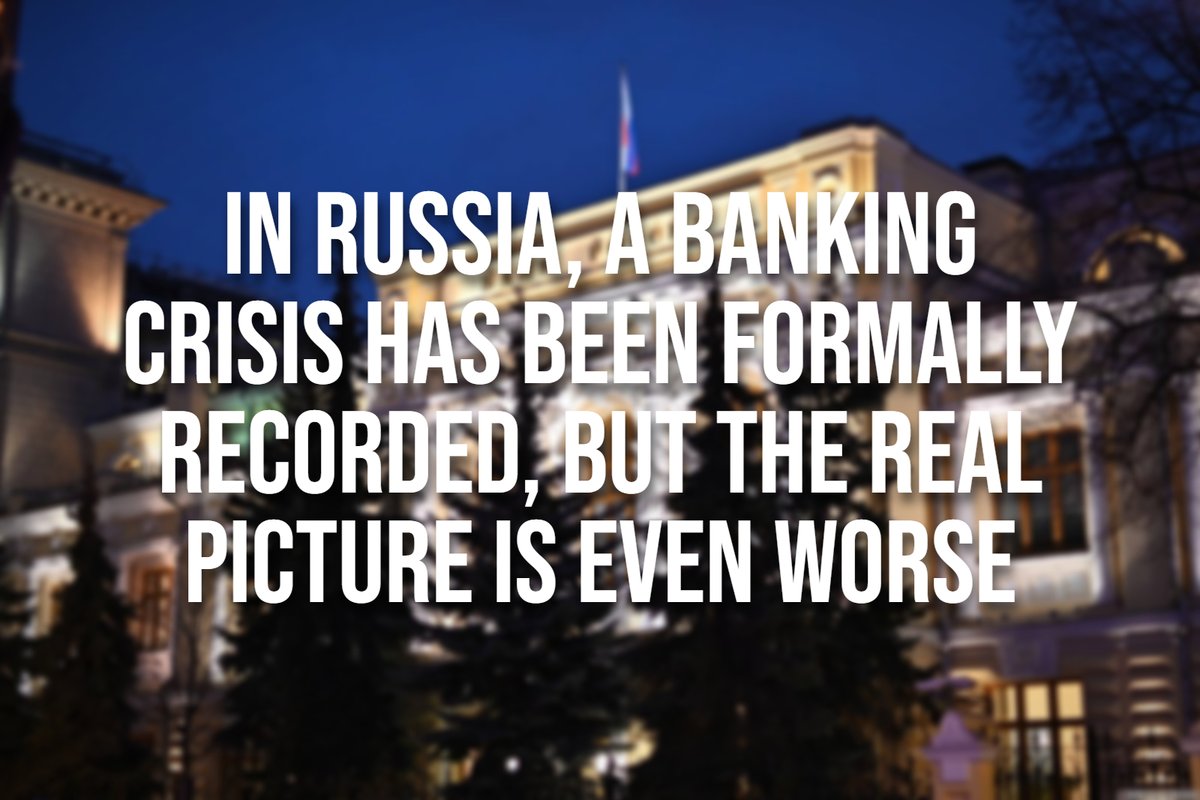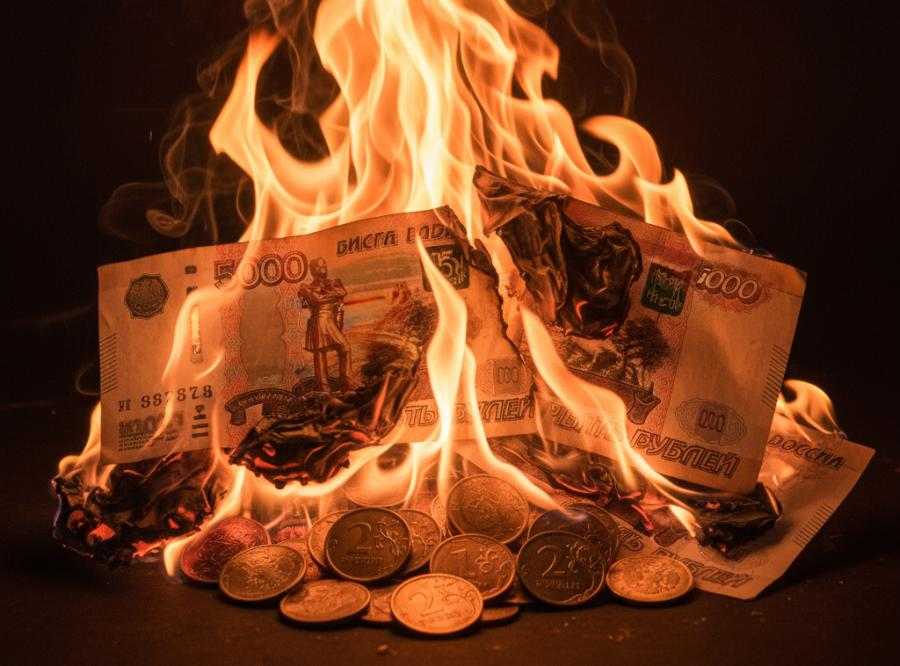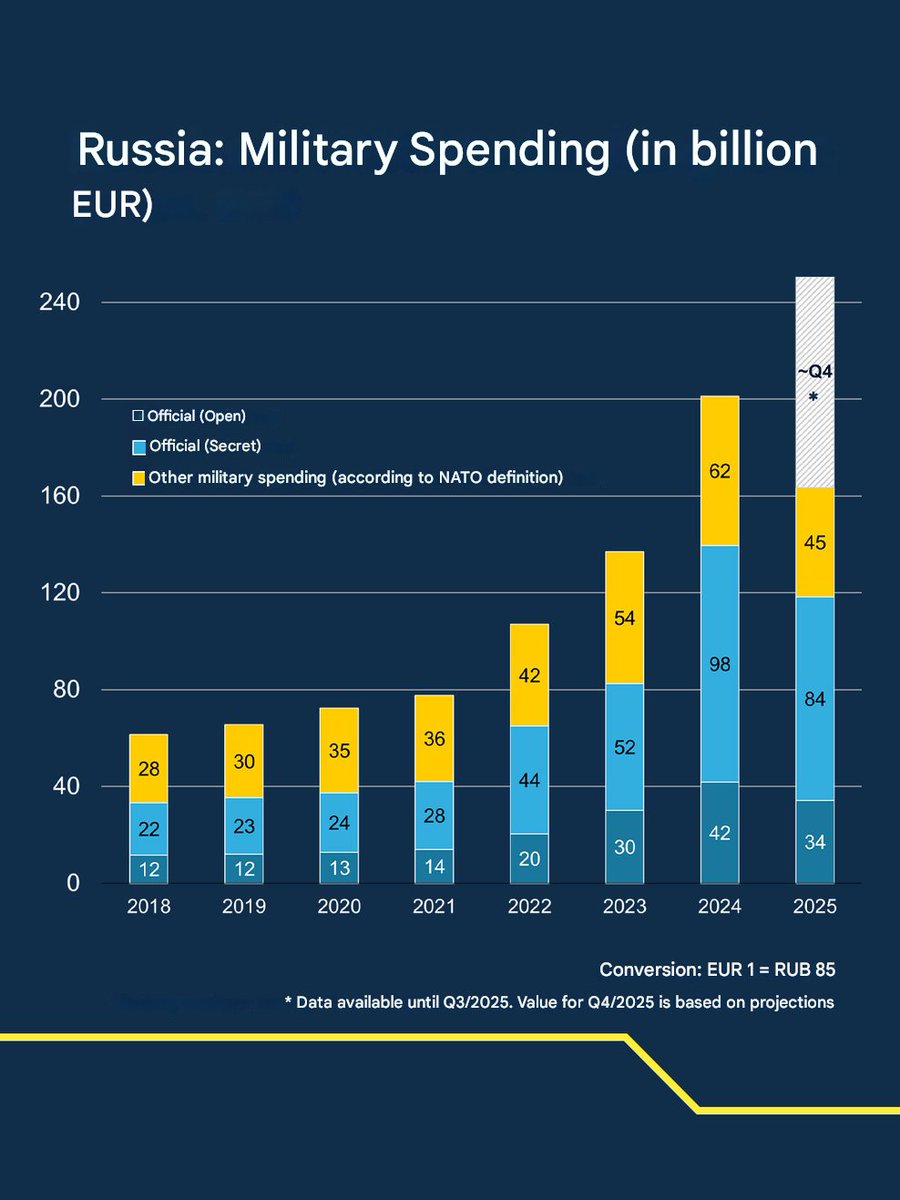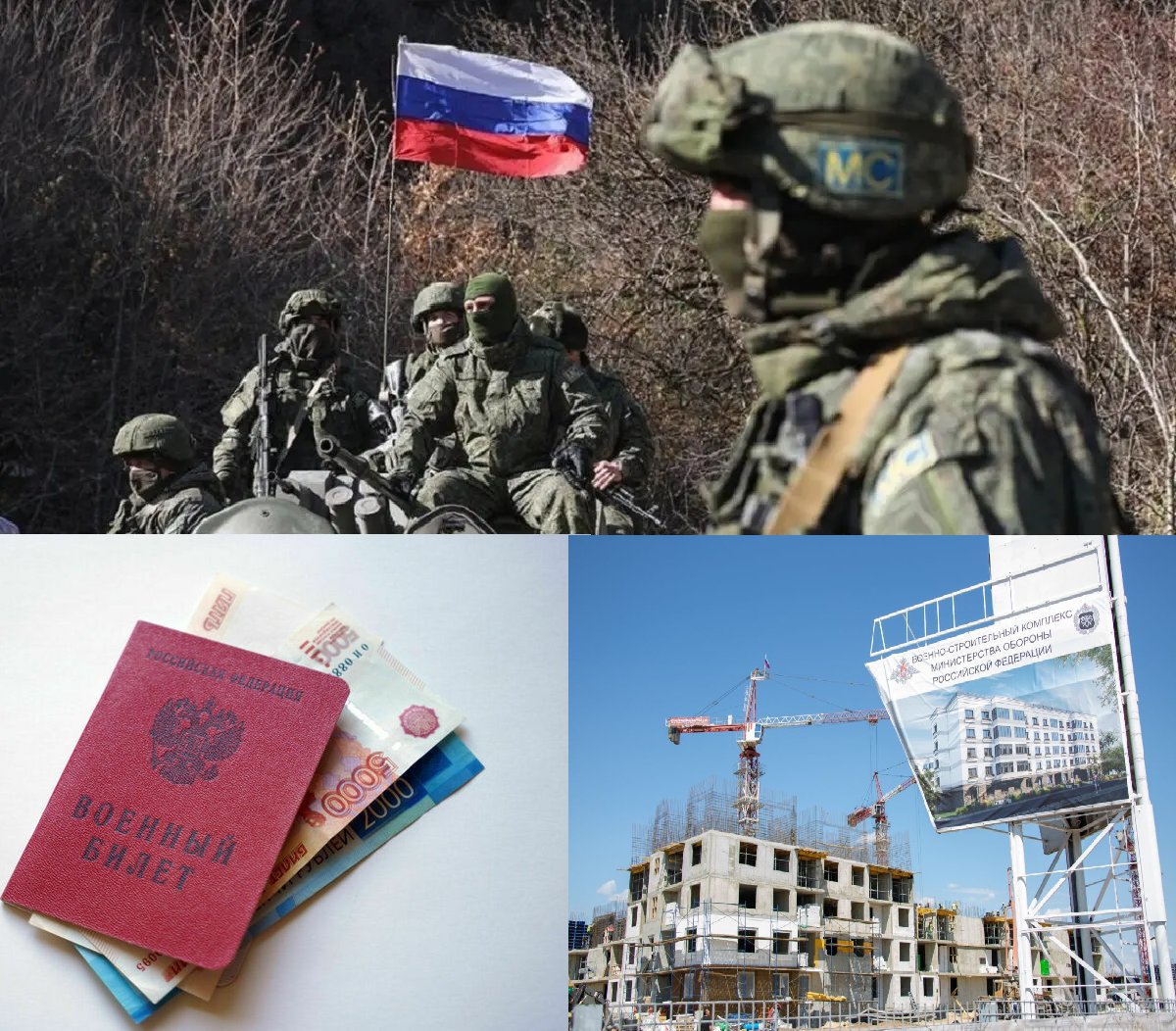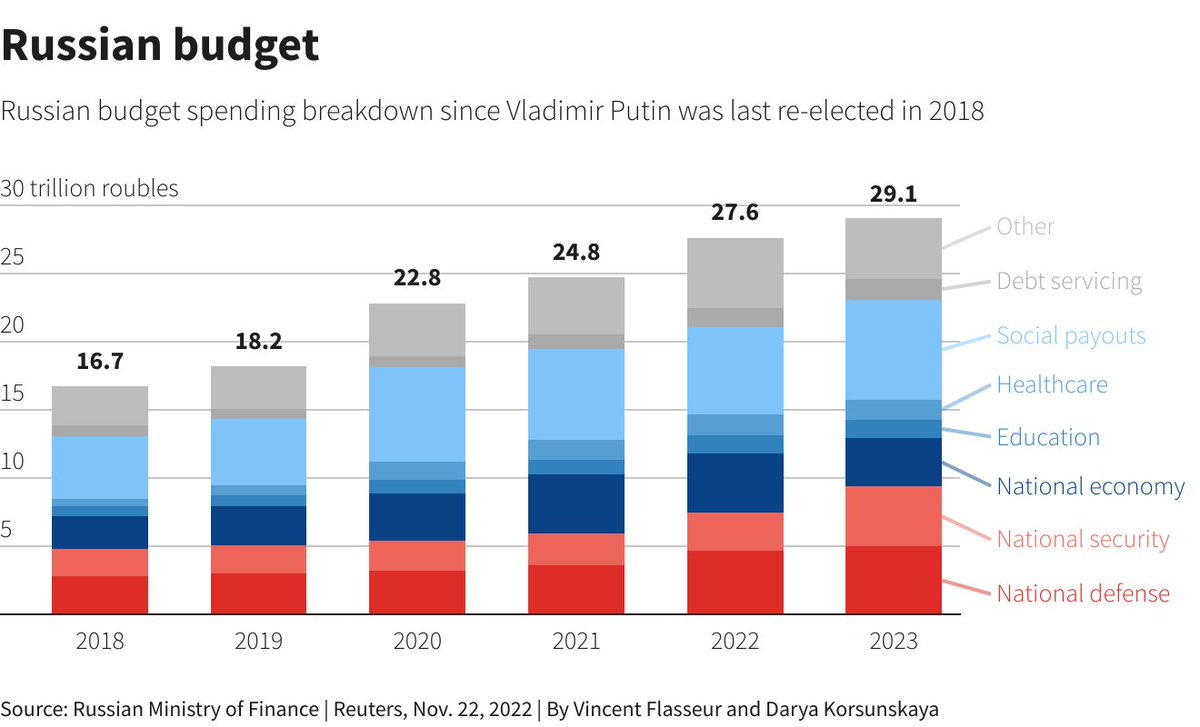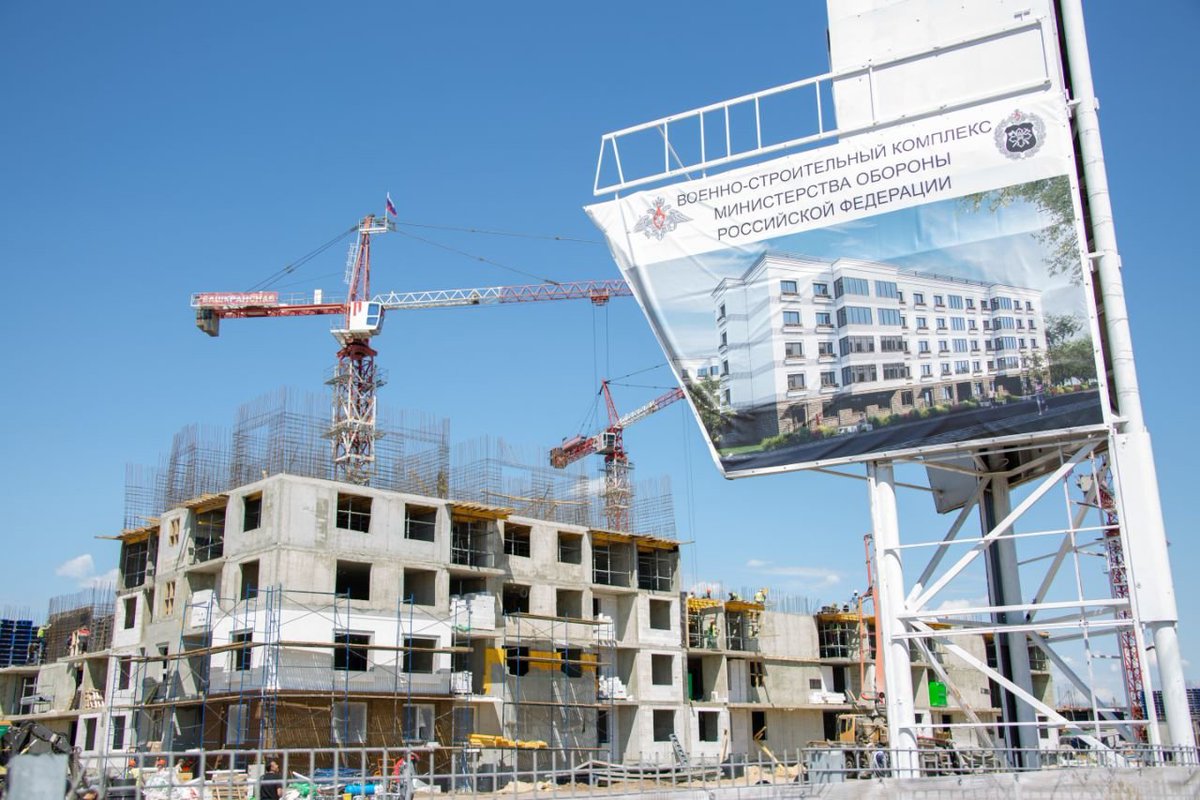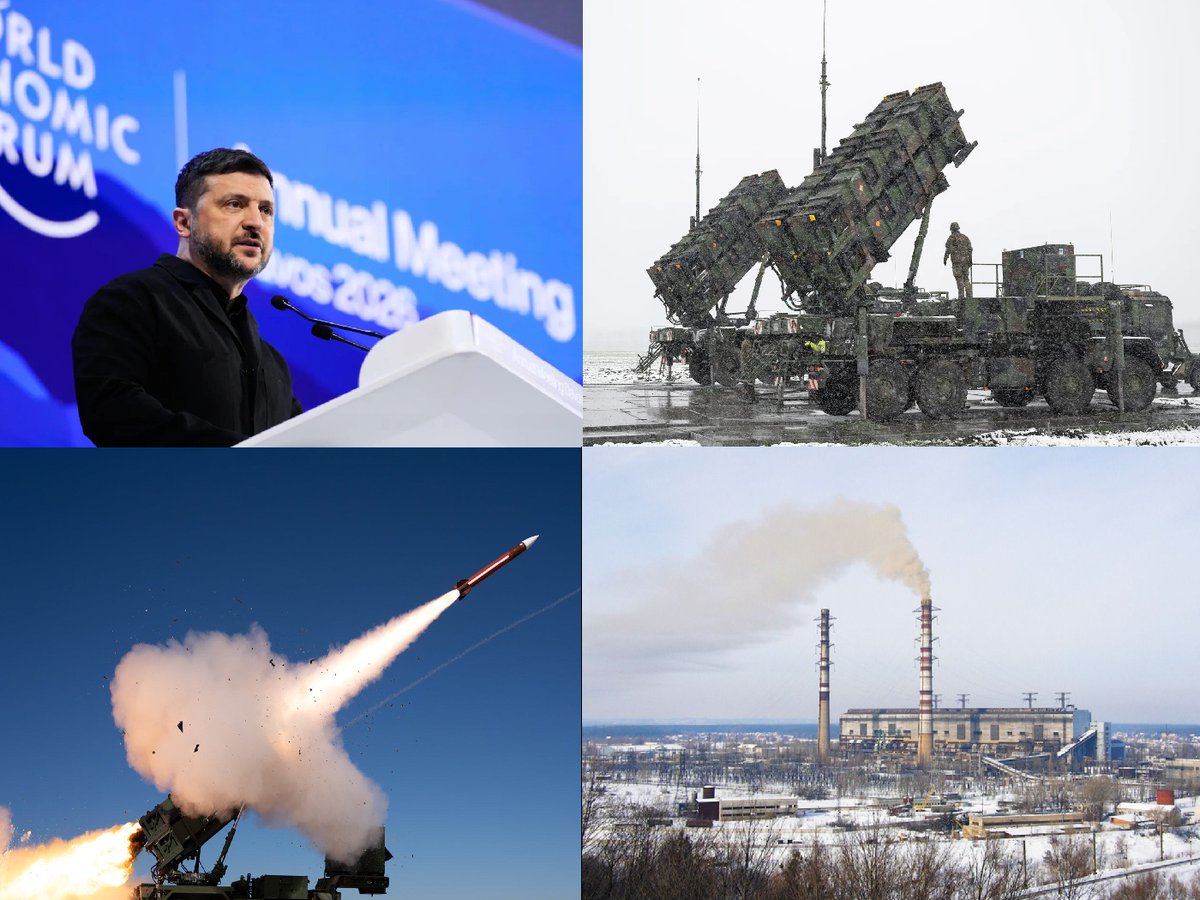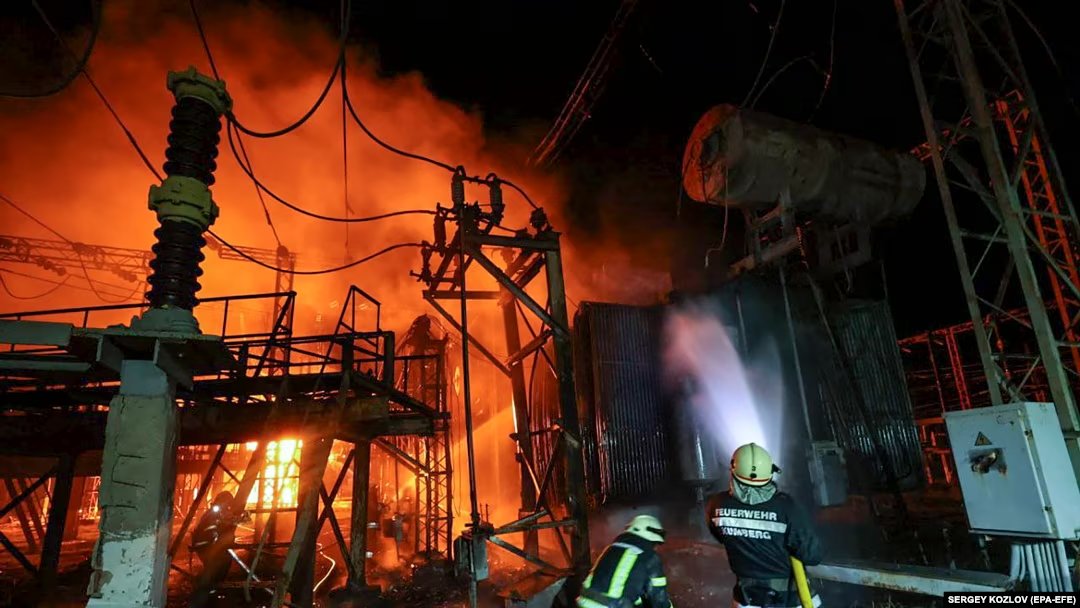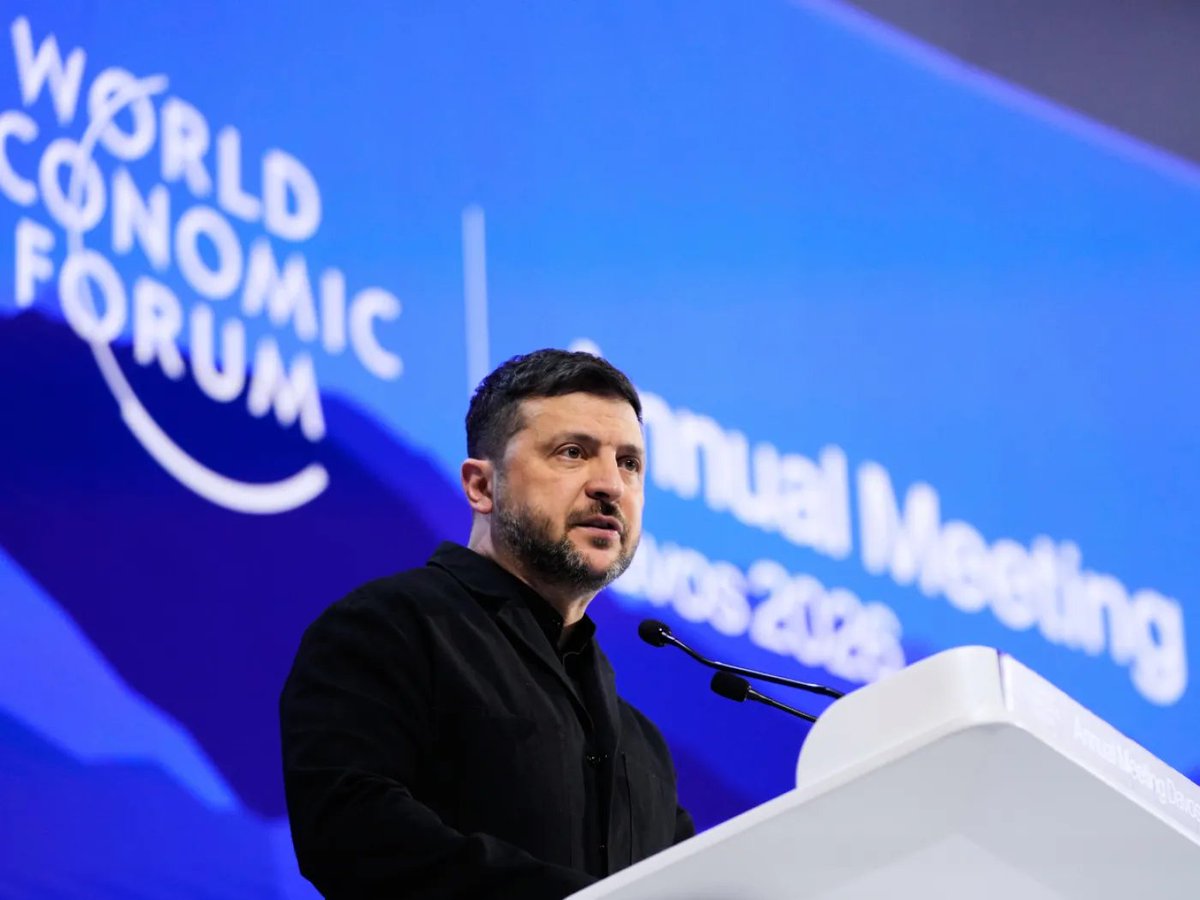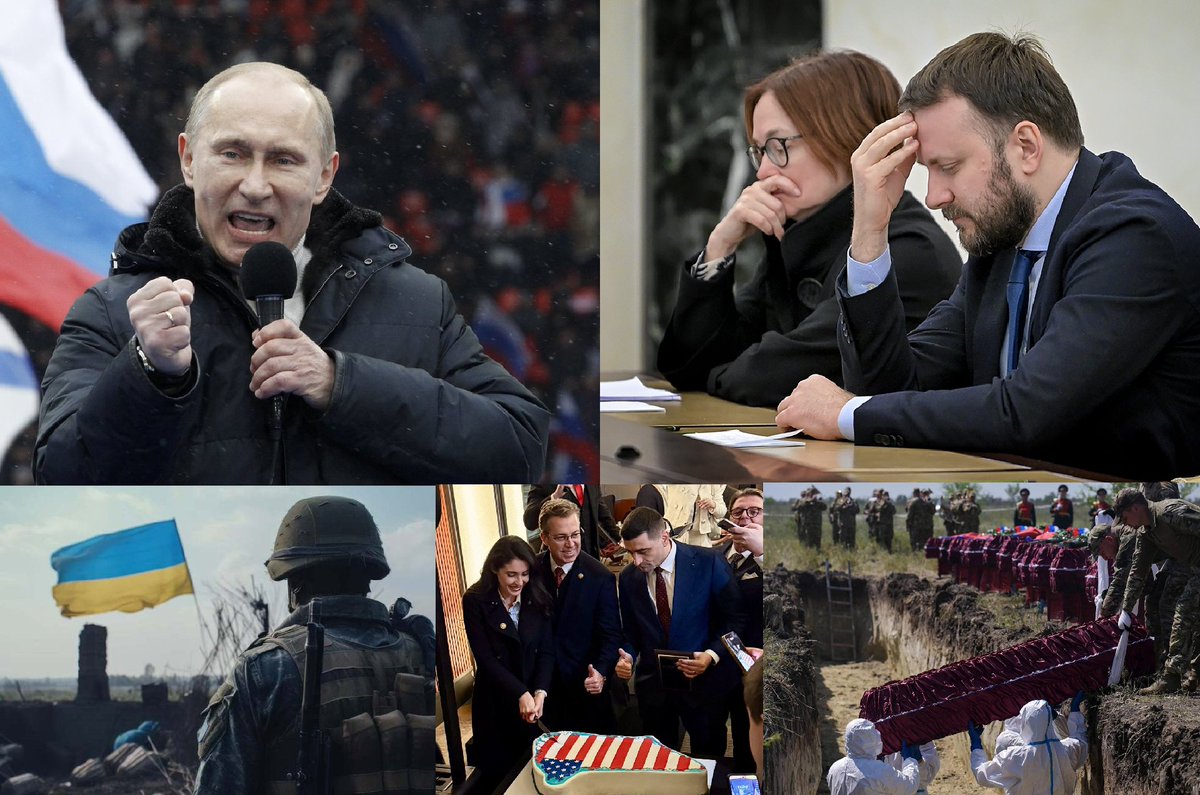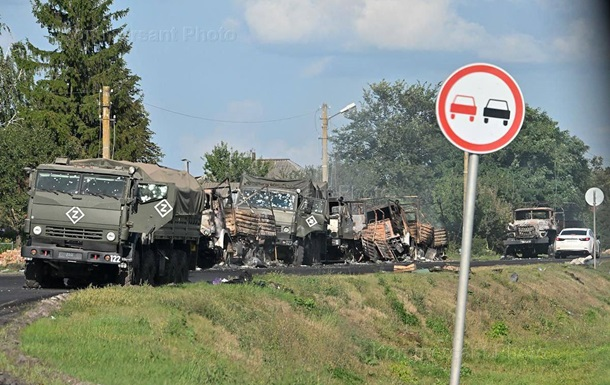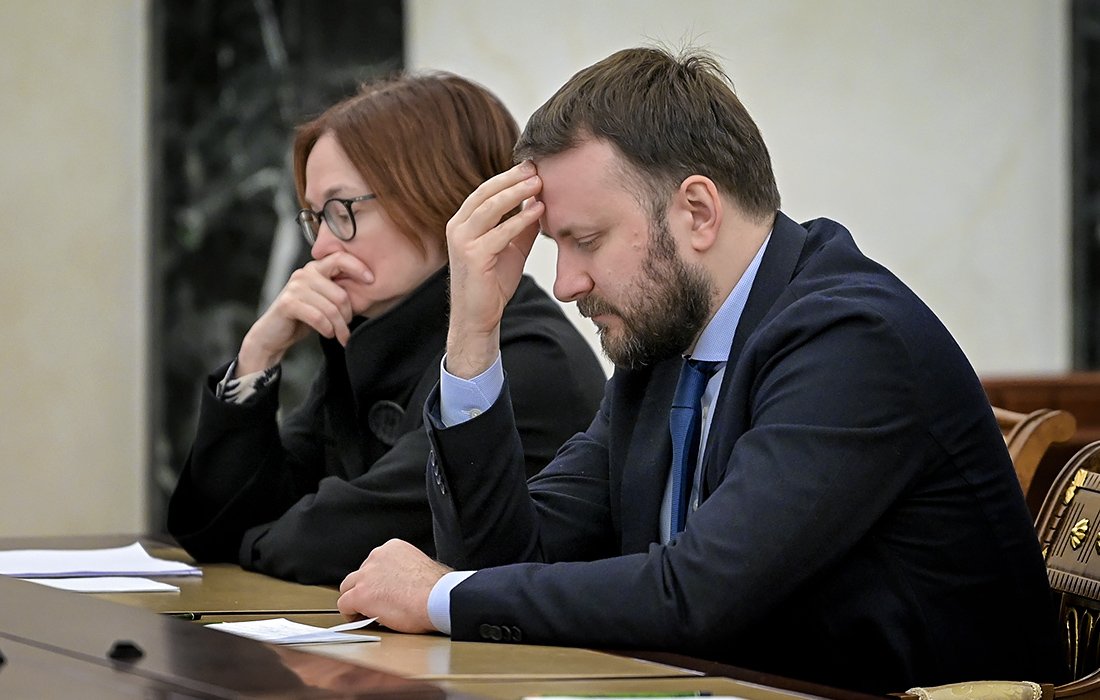Russian industrial businesses in some industries face bankruptcy due to the inability to purchase critical chemical raw materials abroad, including from "friendly" countries. The 14th package of EU sanctions has resulted in the suspension of supplies of
1/7
1/7

polymethylene phenyl isocyanates (another name for methylene diphenyl diisocyanate, MDI) to Russia. These are used in the production of foams, sealants, self-levelling floors, pipes, refrigerator components and car parts. According to a letter sent to Anton Alikhanov,
2/7
2/7

the Minister of Industry and Trade of Russia, the economy is 100% dependent on imports of this material. Suppliers from the US, Europe and Japan stopped shipping, followed by China. China's largest MDI producer, Wanhua Chemical Group, announced a complete halt to supplies
3/7
3/7

to Russia. At the same time, an attempt to reach an agreement with Saudi Arabia was unsuccessful, the industrialists complain. Sadara Chemical did not confirm the possibility of shipments to Russia. "The loss from a shortage of this component will be huge. There is nothing
4/7
4/7

to replace it in most applications. After all, these are jobs; these are people who need to be paid, but the companies will not be able to provide them," said Gorokhov. Without MDI, it is impossible to produce the foam used to make thermal insulation, but not only
5/7
5/7

construction companies will suffer, but also, for example, refrigerator manufacturers, warns Anton Guskov, an official representative of RATEK (an association of trading companies and manufacturers of electrical household and computer equipment).
6/7
6/7

"We do not produce it (MDI), and if we do, it is produced in small quantities and in a quality unsuitable for household appliances," Guskov complains.
7/7
Source: pravda.com.ua/eng/news/2024/…

7/7
Source: pravda.com.ua/eng/news/2024/…

• • •
Missing some Tweet in this thread? You can try to
force a refresh


